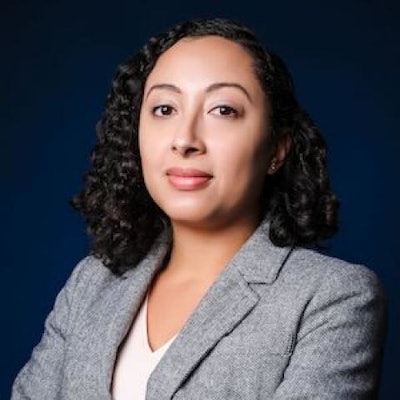When Dr. Sachelle Ford became the first director of the DukeLIFE program at Duke University in January 2020, she brought with her the experience of being a first-generation college student.
DukeLIFE (Lower-Income, First-Generation Engagement) is dedicated to supporting the 20% of Duke’s student population that identifies as first-generation, low-income (FGLI). The office offers academic and financial support, faculty and resource connections, and peer mentorship.
 Dr. Sachelle Ford, director of the DukeLIFE program at Duke University.
Dr. Sachelle Ford, director of the DukeLIFE program at Duke University.
Before DukeLIFE, peer-to-peer mentorship had been implemented at Duke before, but the program’s execution did not appeal to many students. Students told Ford they wanted the mentorship experience to feel more organic.
“[DukeLIFE] is a small office—there’s three people—there’s no way we’re going to be able to develop a relationship with each of these students ourselves, we don’t have the bandwidth,” said Ford. Duke’s total undergraduate student population is about 6,700.
“If we train mentors to know about the resources on campus, know about housing, life, and other offices, then they can give that information to their mentees. It allows us to scale help-seeking behaviors and resource knowledge,” said Ford.
To accomplish this goal and meet the student demand for peer mentorship, DukeLIFE connected with Mentor Collective, a company with over 180 institutional partners that helps students build relationships with each other. Ford shared the success of their collaboration at a webinar on Wednesday, where she said that, thanks to peer mentorship, more students are feeling connected with their university, and her office is able to track and support FGLI student needs as they arise.





















